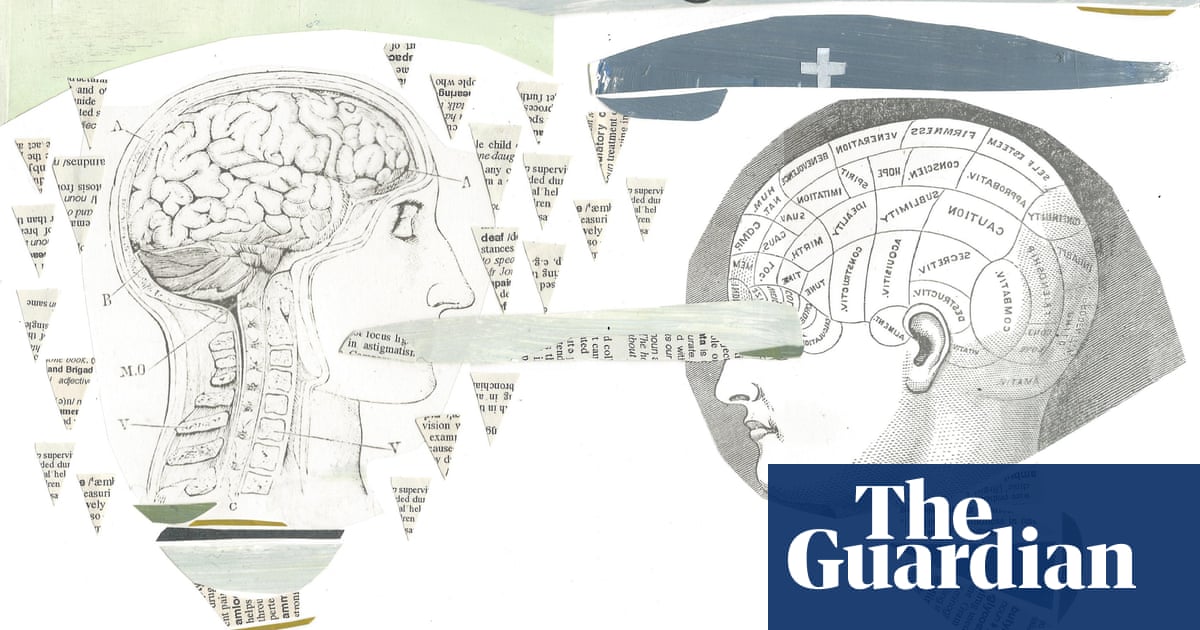Elderflower j58
Member

‘Literature about medicine may be all that can save us’
A new generation of doctor writers is investigating the mysteries of the medical profession, exploring the vital intersection between science and art
Very interesting and articulate article


